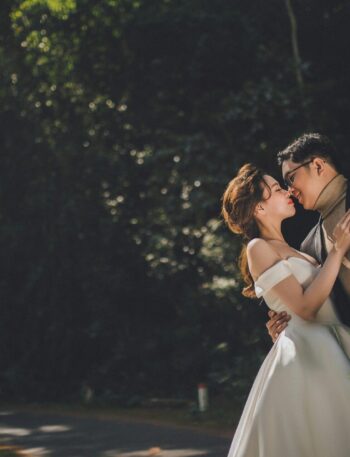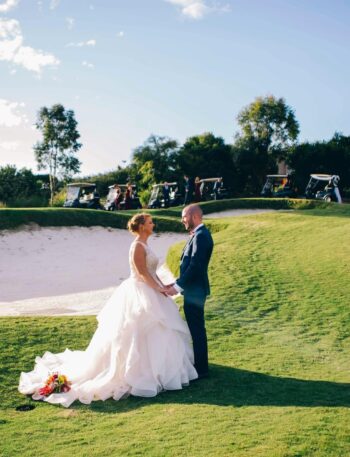Understanding wedding etiquette can make this journey enjoyable and stress free. Whether you’re a guest, a member of the wedding party, or the couple themselves, knowing the right protocols ensures everyone feels respected and cherished on this special day.
Dress Code and Appropriate Attire
Choosing the right outfit for a wedding goes beyond personal style; it’s about honoring the couple’s vision and the event’s formality. Dress codes can vary widely, from casual beach settings to black tie elegance, so it’s essential to pay attention to the invitation’s guidelines. For formal weddings, men might opt for tuxedos or dark suits, while women often choose long gowns or sophisticated cocktail dresses. Semi formal attire strikes a balance, allowing for less rigid but still polished outfits. Beach or destination weddings typically call for lighter fabrics and more relaxed styles, ensuring comfort in the setting.
Avoid wearing white, ivory, or anything too similar to bridal colors unless explicitly stated. These colors are traditionally reserved for the bride to stand out. Additionally, consider cultural or religious customs that might influence attire choices, ensuring your outfit is both respectful and appropriate. When in doubt, it’s always a good idea to reach out to the couple or their planners for clarification. Respecting the dress code not only shows your support but also enhances the overall aesthetic of the wedding, making it a memorable event for everyone involved.
Plus One and Guest List Rules
Navigating the guest list can be one of the trickiest aspects of wedding planning. Deciding who receives an invitation requires careful consideration of relationships, budget, and venue capacity. When it comes to plus ones, understanding the couple’s preferences is crucial. Some weddings specify that plus ones are grandfathered in for long term partners, while others might extend this option to all guests. Always check the invitation details or consult with the couple if you’re unsure. Bringing an unexpected guest can create uncomfortable situations and potentially strain the budget.
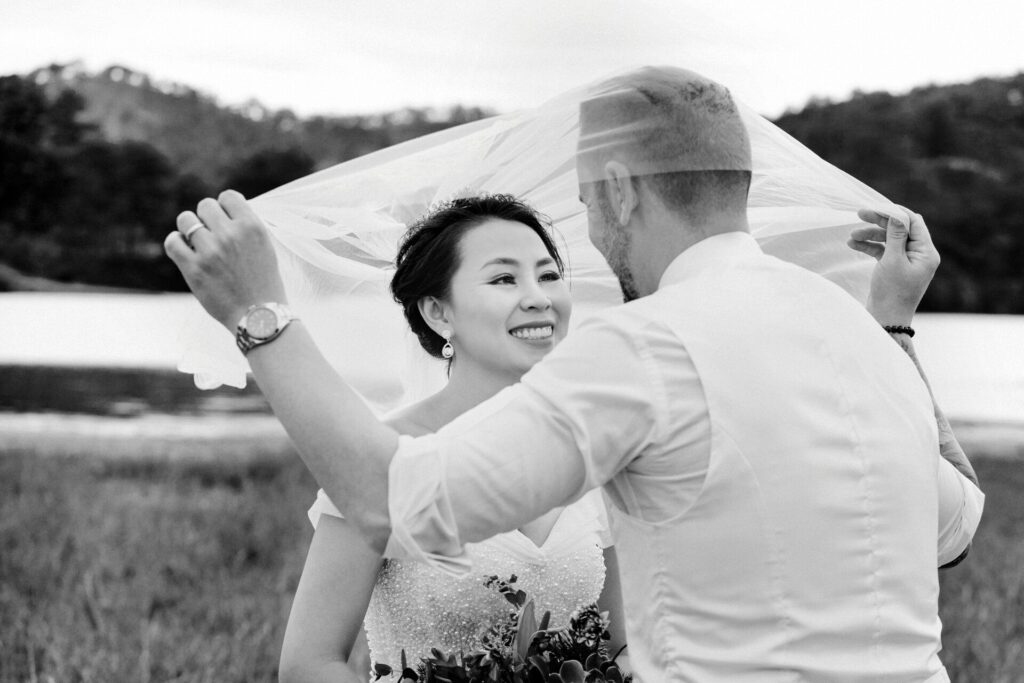
For those on the receiving end of an invitation, it’s polite to RSVP promptly and clearly indicate any plus ones if permitted. If you wish to attend alone but prefer a partner’s company, communicate honestly with the couple. They value your presence and will appreciate your transparency. Be mindful of the guest list size. Inviting only close friends and family can create a more intimate atmosphere, while a larger list accommodates broader relationships. Balancing these factors ensures that the wedding feels personal and inclusive, celebrating the couple’s bonds with those who matter most.
Gift Giving Etiquette
Gift giving is a heartfelt way to celebrate the couple’s union. Selecting the perfect gift involves balancing thoughtfulness, practicality, and your relationship with the couple. It’s customary to provide something that the couple will use and cherish as they embark on their new life together. Creating a wedding registry simplifies this process, offering a curated list of the couple’s needs and preferences. Choosing a gift from their registry ensures that your present aligns with their tastes and reduces the likelihood of duplicates. If you prefer a more personal touch, consider customized items or experiences that hold sentimental value.
Financial considerations play a role in gift selection. It’s not about the cost but the gesture that counts. Close family members might choose more significant gifts, while friends and colleagues can opt for something meaningful within their means. Group gifts are another option, allowing multiple guests to contribute towards a larger present. Remember to include a thoughtful note expressing your well wishes. This personal message adds warmth to your gift, making it even more special for the couple as they reflect on their special day.
Ceremony Behavior and Timing

The wedding ceremony is a sacred part of the celebration, where love and commitment take center stage. Behaving appropriately during this time shows respect for the couple’s union and the significance of the moment. Arrive on time or a few minutes early to find your seat and settle in before the proceedings begin. Silence your phone and avoid unnecessary movements that could distract others. Standing when appropriate, such as during the entrance or vows, honors the ceremony’s solemnity.
During the vows and exchange of rings, focus on the couple and their promises. Avoid distractions like chatting with neighbors or taking photos during these intimate moments, unless photography is part of the ceremony’s structure. Participate respectfully, following any cues from the officiant or the couple. Applauding or showing joy after the vows and the pronouncement of marriage adds to the positive atmosphere, celebrating the new union with heartfelt enthusiasm.
Reception Manners and Seating
The reception is a time for joy, celebration, and socializing. Proper manners during this part of the wedding ensure everyone enjoys the festivities without any hitches. Upon entering the reception, greet other guests warmly and congratulate the couple. When approaching the couple for photos, follow any guidelines they’ve set regarding timing and group sizes to prevent long lines or capturing everyone perfectly in one shot. The seating arrangement often follows a specific plan, with family members and special guests given priority seats. Pay attention to your assigned seat rather than mingling endlessly. If you’re unsure where to sit, discreetly ask a member of the wedding party for guidance.
During speeches and toasts, listen attentively and applaud appropriately. Engaging in conversations and enjoying the food and drinks provided contributes to the celebratory mood. Dance if it’s part of the reception, but always be considerate of others on the dance floor. Respecting the timeline of events, such as cake cutting or bouquet tosses, helps maintain the flow of the evening. By adhering to these manners, you contribute to a harmonious and memorable reception for everyone involved.
Parent and Family Responsibilities
Families play a pivotal role in the wedding planning and execution. Understanding each member’s responsibilities ensures that the day runs smoothly and that everyone feels involved and appreciated. Parents often contribute financially or offer guidance based on their experiences. They might assist with venue selection, vendor negotiations, or coordinating family involvement. Clear communication about expectations and boundaries helps prevent misunderstandings and fosters a collaborative environment.
Immediate family members usually have specific roles during the ceremony and reception. For example, parents might participate in the processional, give speeches, or assist with seating arrangements. Assigning these roles in advance clarifies responsibilities and allows family members to prepare accordingly. Extended family involvement can vary, but ensuring everyone knows their part is essential. Whether it’s helping with decorations, managing transportation, or providing moral support, each contribution adds to the overall success of the wedding.
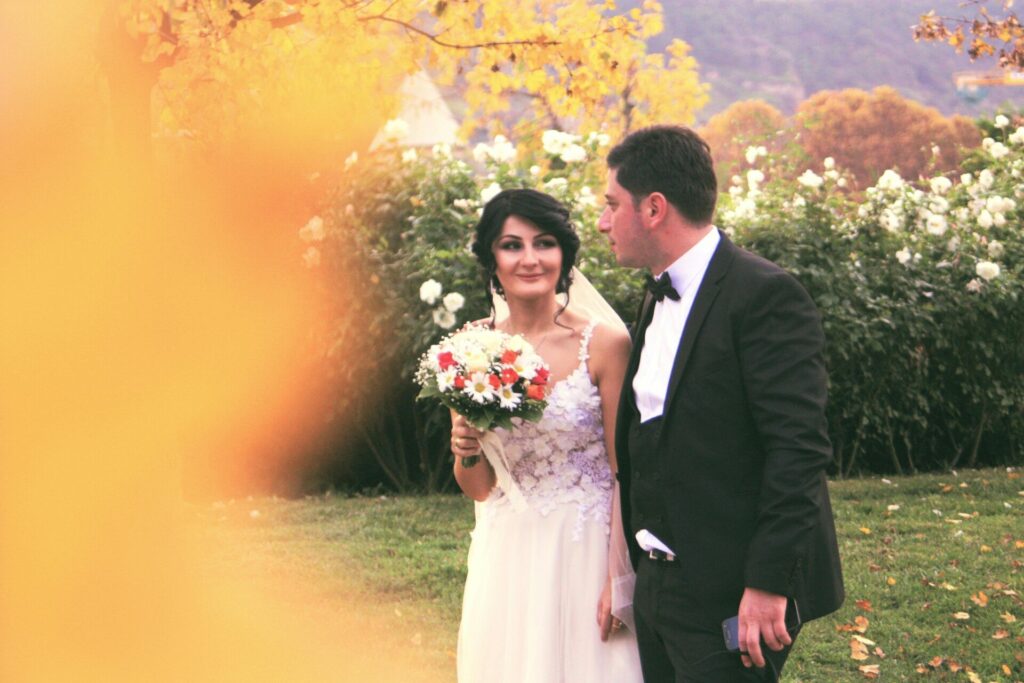
Celebrating the union as a united family reinforces bonds and creates cherished memories. Balancing tradition with personal preferences ensures that family responsibilities enhance rather than complicate the planning process.
Children at Weddings
Deciding whether to include children in a wedding is a personal choice that impacts the event’s dynamics. When children attend, it’s essential to create an environment where they feel comfortable and entertained. If inviting children, consider providing activities or areas where they can play safely. This might include a dedicated kids’ table, entertainment options like face painting or games, and child friendly food choices. Clear communication with parents about expectations and any house rules helps manage behavior and ensures a pleasant experience for all guests.
In cases where children are not invited, communicate this respectfully to avoid misunderstandings. Offering child care options or suggesting nearby facilities can be a considerate alternative for parents who might otherwise struggle to attend. Ultimately, the decision to include children should align with the couple’s vision for their wedding. Whether opting for an adults only celebration or embracing the joy that children bring, thoughtful planning ensures that everyone enjoys the day in their own way.
Destination Wedding Etiquette
Destination weddings offer a unique and memorable experience, blending the celebration with the allure of a new location. Proper etiquette ensures that traveling guests feel welcome and that the logistics of the event are handled smoothly. Early communication is key. Provide guests with ample notice to arrange travel and accommodations, ideally several months in advance. Creating a wedding website with detailed information about the venue, schedule, and local attractions can help guests plan their trip effectively.
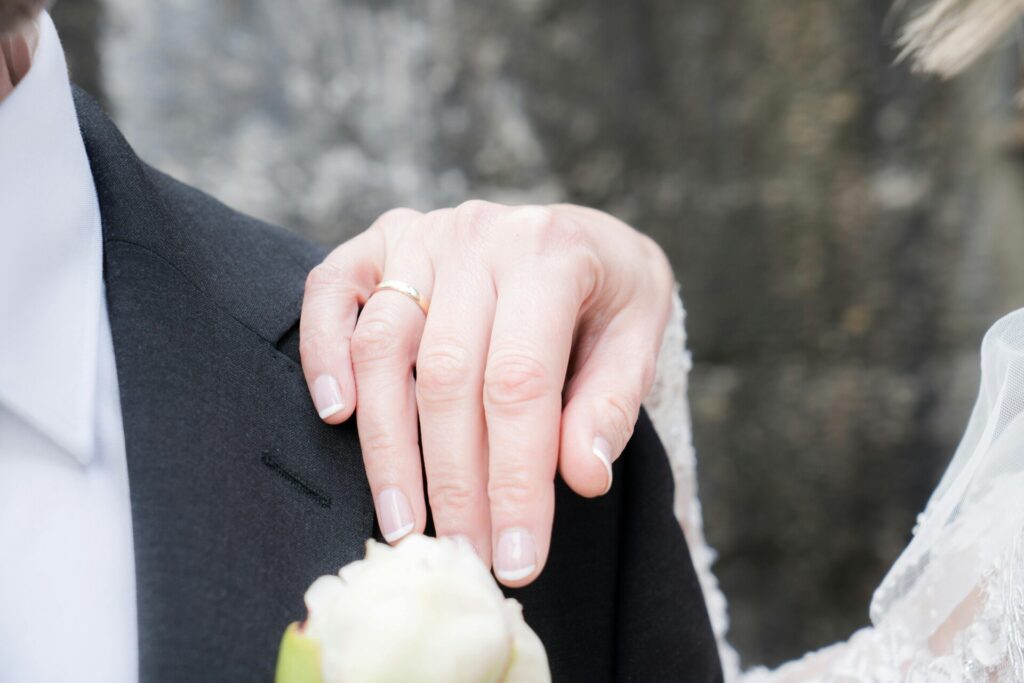
Consider the financial implications for guests. While destination weddings can be enchanting, they may require significant expense. Offering a range of accommodation options or group rates can alleviate some of the financial burden and encourage more guests to attend. Being mindful of travel logistics, such as transportation and accessibility, ensures that all guests can fully participate in the festivities. Balancing the romantic setting with practical considerations creates a harmonious destination wedding. Thoughtful planning and clear communication help guests feel valued and make the celebration an unforgettable adventure for everyone involved.



